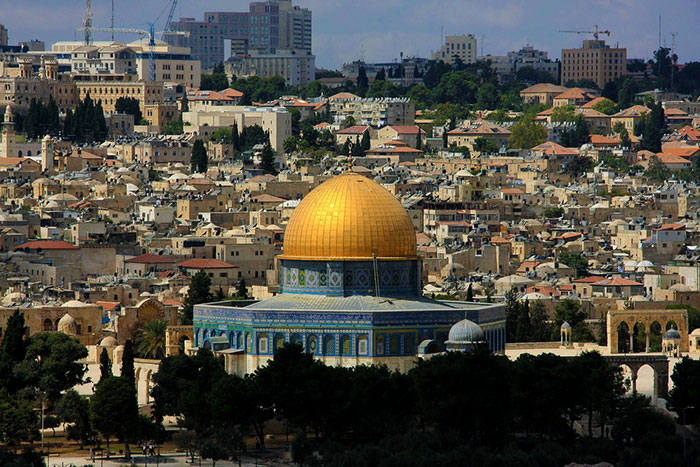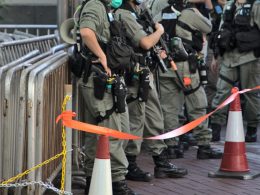A decades-long Palestinian negotiator with Israel, Saeb Erekat, has died at the age of 65 at a Jerusalem hospital. Erekat contracted the coronavirus in October, which caused him to suffer multiple organ failure, his Fatah Party said.
Erekat already had a prior health challenge that caused him to undergo a lung transplant in the United States in 2017. This placed him at a high risk of complications from the coronavirus disease, WSJ reports.
While in admission at the Hadassah Medical Center in Jerusalem, where he had been receiving treatment since October 18, Erekat was placed in the Intensive Care Unit. He needed the assistance of a heart-lung machine (ECMO) and constant care by top specialists to stay alive.
“Our father moved in peace after he showed extraordinary strength and will, the same determination that characterized his career to achieve freedom for Palestine and a just peace in our region,” Erekat’s daughter stated. “And his commandment to us all is to adhere to the rights of the Palestine people until they achieve freedom and independence.”
Erekat was one of the most prominent Palestinian negotiators and politicians to come out of the Palestinian struggle for independence. He was part of the negotiating team between Palestine and Israel, seeking a lasting peace between the two states, especially in the 1990s.
He was part of the Palestinian team to the Madrid conference of 1991, which sought to resolve the Arab-Israeli conflict. He served as the deputy head of the delegation. In the conference, Erekat famously appeared in the Keffiyeh, a Palestinian national symbol. This move was seen as an act of defiance against Israel, who took the rigid stance of refusing to negotiate with the Palestinian Liberation Organization (PLO) at that time, CNN writes.
However, Erekat would continue to be a reoccurring figure during negotiations with Israel. At a point, he was made the chief negotiator for Palestine. It is this position he would hold intermittently until his passing.
Erekat appeared regularly on TV broadcasts and interviews to plead the Palestinian cause. He was passionate about a two-state resolution to the conflict with Israel. He once chided Israel in a program on CNN in 2001 and accused Israel of cheap political points with its stance on Palestine. As time went on, he gained the respect of some Israeli diplomats he sat across the negotiating table with.
Erekat was born in Jerusalem and had his education in the United States and the United Kingdom. He keyed into the Palestinian struggle early and became a member of the Fatah Party. He was close to the party’s founder, the charismatic Yasser Arafat.
In the course of negotiations, Erekat grew ever critical of Israel Prime Minister Benjamin Netanyahu and believed the leader had no intentions to see to the creation of an independent Palestinian state.
Erekat also fiercely criticized Trump’s administration. He had accused President Donald Trump of brokering a one-sided deal that required few concessions from Israel while demanding a wide range of concessions from the Palestinians.
The year 2020 was a challenging year for Erekat. He watched as the United Arab Emirates and Bahrain announced the normalization of relations with Israel, with the PLO becoming the castaway once more. According to sources close to him, Erekat felt he had lost a cause he fought all his life. They concluded he was emotionally drained and took it as a personal failure.
However, an independent Palestinian state was a personal mission that Erekat fought for, even on his sickbed, never relenting to see the Palestinians have a home they can call theirs.
Source: wsj.com









